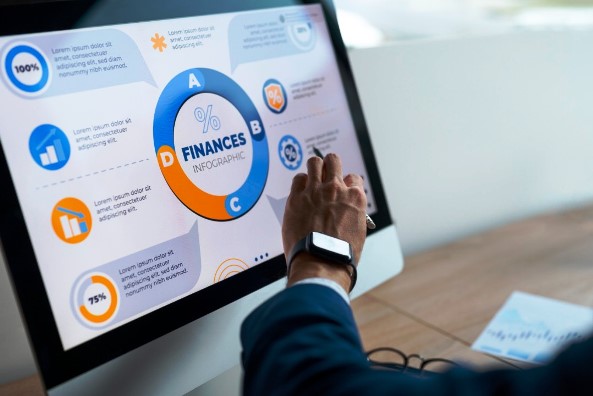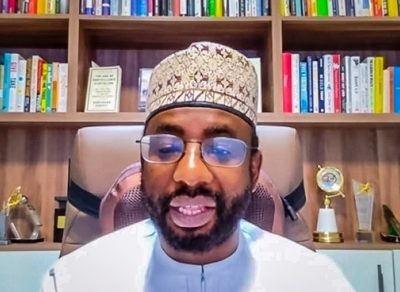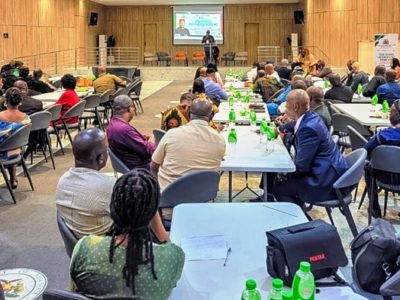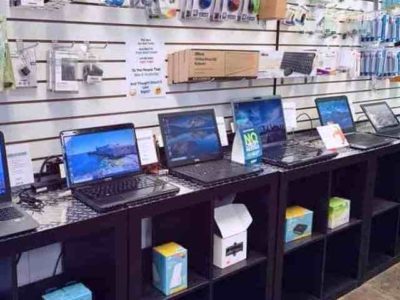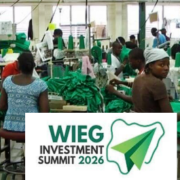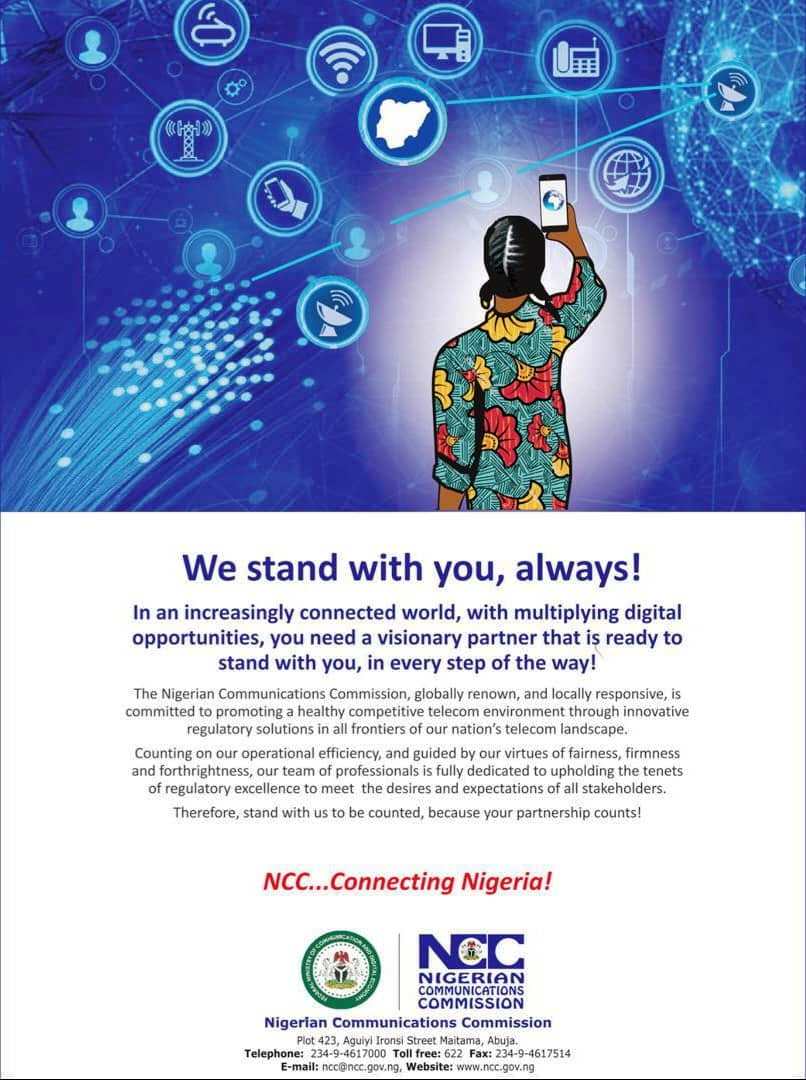During an official side event of South Africa’s Think 20 hosted by the Centre for International Governance Innovation (CIGI), experts highlighted that there are 2.1 billion registered mobile money accounts worldwide.
Digital technologies are reshaping the global economy.
India, China, and Africa are leading in digital payments innovation.
Their cash-heavy economies drive demand for alternative solutions.
Limited banking penetration has fueled rapid digital adoption.
This unique blend creates fertile ground for fintech innovations.
RELATED: South Africa: Department of Communications and Digital Technologies releases Artificial Intelligence Policy Framework
During an official side event of South Africa’s Think 20 (https://apo-opa.co/42RMmFi) hosted by the Centre for International Governance Innovation (CIGI), experts highlighted that there are 2.1 billion registered mobile money accounts worldwide (https://apo-opa.co/42h0pnJ) – over half are held by people in Sub-Saharan Africa.
Affordability, financial literacy inhibit true financial inclusion
However, despite rapid adoption, disparities exist. Affordability, financial literacy, and access to digital tools remain major barriers to inclusion. Gender gaps, transparency, and trust issues further widen the digital divide in these regions.
“The geopolitics of digital payments is no longer a niche or technical issue; it now sits clearly at the heart of debates around sovereignty, power, and inclusion,” said Yash Kalash, senior fellow at CIGI.
“It is crucial to promote cooperation at a time of growing geopolitical rivalry and expand financial access to include those who have been historically underbanked and underserved.”
Panelists recommended coupling innovation with stability to ensure responsible testing in digital payments. They also urged cooperative regulation for smoother cross-border payments. Stronger alignment with G20 and UN goals was advised to embed inclusion in digital finance systems.
Supporting underserved populations
“We need to support the underserved populations in using mobile money services in many ways, including offering relevant financial literacy education,” remarked Nancy Kiarie, senior consultant of Inclusive Finance, Livelihoods and Agriculture at BFA Global.
“Enhanced literacy will help to protect digital payment users from fraud and build trust in platforms that help to better manage finances.”
Other key themes of the two-day conference included geopolitics of alternative payment systems, tokenization and cross-border payments, and digital governance and global cooperation.
For more information and to access the selected policy briefs that informed and influenced the conference discussions, please visit: https://apo-opa.co/42RMmFi

